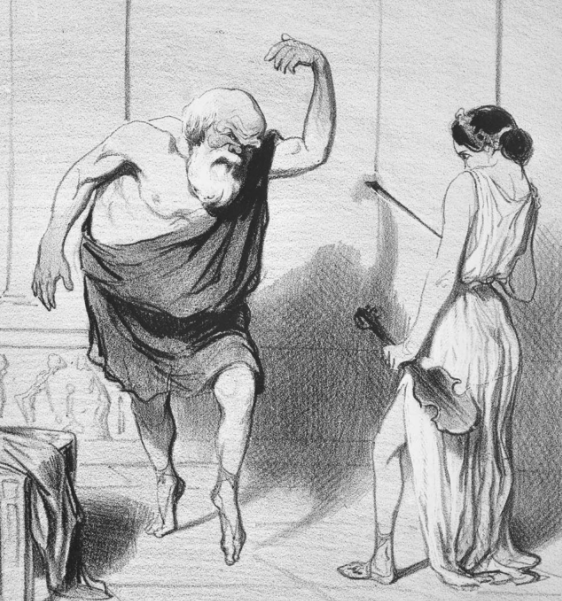Rapidly shifting values create confusion and distrust. To live well in tumultuous times you need strong character and a supple spine. Stability and strength should combine with flexibility and the creative imagination. As we seek our way in chaos, we need to learn how to think critically and also how to dance.
This is an era of ethical whiplash. The Trump-Biden seesaw has been bewildering. One bizarre manifestation was the appearance and disappearance of President Trump’s 1776 Commission report.
On Monday, Jan. 18, President Trump released a diatribe against the liberal academy, written by conservative pundits. Among other things, the report concluded that American universities are “hotbeds of anti-Americanism, libel, and censorship that combine to generate in students and in the broader culture at the very least disdain and at worst outright hatred for this country.
Historians panned the Trump report. The American Historical Association said that its authors “call for a form of government indoctrination of American students, and in the process elevate ignorance about the past to a civic virtue.” As soon as Joe Biden was inaugurated, on Jan. 20, the report disappeared from the White House website.
These gyrations are disorienting. This tumult at the top breeds cynicism, polarization, anger, and even violence.
The solution is to combine toleration with love of truth, to think deeply but also to take things lightly. Historical and ethical truth should resist the shifting winds. But these truths are complicated. So as we search for truth, we must also learn to leave each other alone and take disagreement in stride.
This requires a difficult balancing act. A model can be found in the idea of a Socrates who dances. Socrates criticized the mythic history of his day. But Socrates also danced and played.
Socrates lived in an era of ethical whiplash. A plague had ravaged Athens, along with a brutal war. There was profound moral, political, and religious uncertainty. Socrates was accused of being part of the problem by the Athenian equivalent of Trump’s “1776 Commission.” His accusers claimed he taught unpatriotic doctrines and that he corrupted the youth. They sentenced him to death.
Socrates was legendary for his simplicity and strength. He was a war hero. He walked barefoot in the winter. He drank, but never got drunk. And according to his friends, he danced, even in his old age.
Or so the story goes. This transpired over two millennia ago. Did Socrates really dance? Who knows? But the legend inspires us to seek strength and grace and poise.
Socrates remains a hero because he lived and died with courage, integrity, and good humor. Physical and mental strength helped him endure. Spiritual flexibility helped him thrive. He challenged authority and stuck with the truth. He also knew when to yield and how to maintain his equilibrium.
For those of us who are tired of the squabbling, perhaps the best thing we can do is hold fast to truth while letting loose with a dance. Socrates provides a model of a limber soul that is deeply rooted. The Socratic soul is well-balanced and resilient.
In our disembodied world of social distancing and virtual reality, we rarely dance. Instead, we hunch over our screens and surf our silos of information. It is no wonder that anger and resentment fester. Bodies are built to move. Voices are made to sing. And thought needs the freedom to wander.
Socrates teaches us to defend the truth. But he also takes things lightly. History shows that human nature includes nobility and absurdity, cruelty and grace. It also teaches us that wisdom is a dance.


